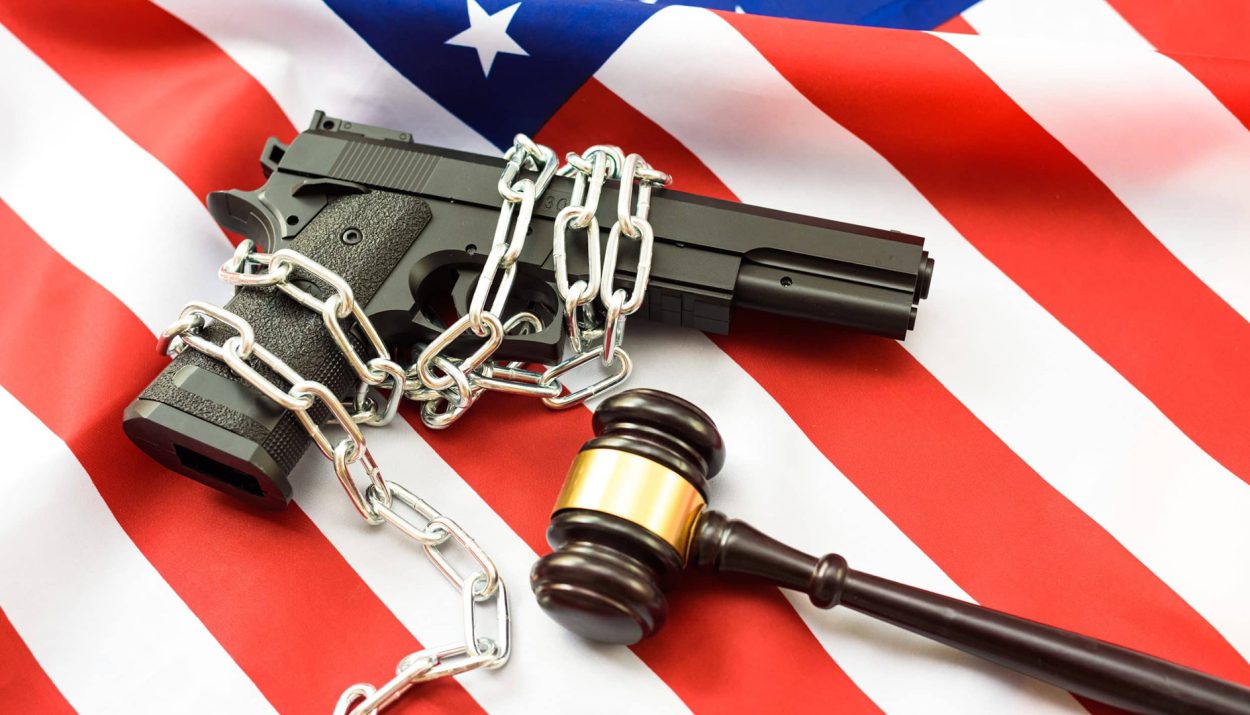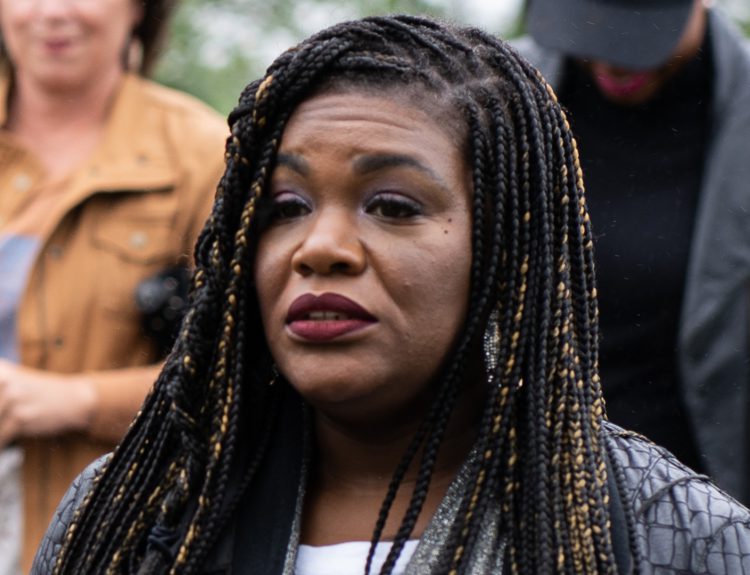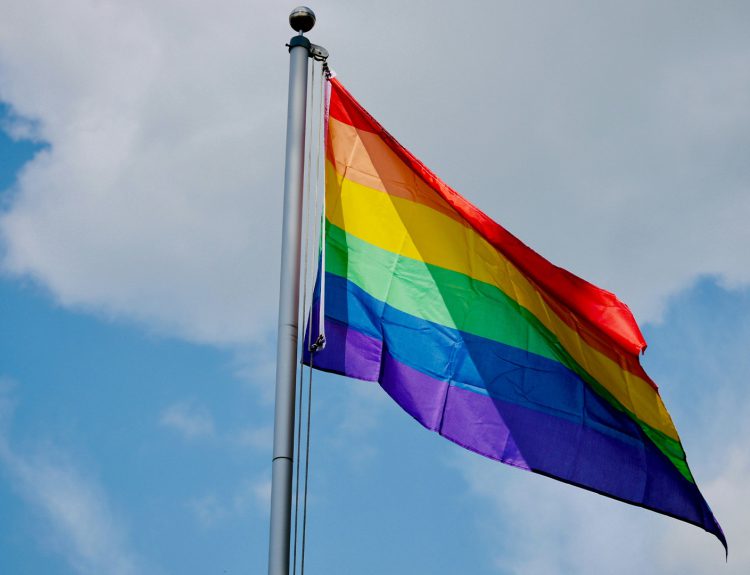Similar to other states, Illinois has encountered legal obstacles regarding its prohibitions on high-capacity magazines and assault weapons. Yet, advocates for the Second Amendment have strategically utilized these conflicts to prompt direct intervention from the highest court in the U.S. Currently, attention is directed towards six cases originating from Illinois. Each case petitions an expedited review by the Supreme Court.
The Cases That Are Under Consideration
The cases under consideration are Harrell v. Raoul, NAGR v. Naperville, GOA v. Raoul, Langley v. Kelly, Herrera v. Raoul, and Barnett v. Raoul.

Together, these cases signify a unified endeavor to contest Illinois’ stringent gun regulations, which have remained contentious among proponents of gun rights for a long period of time.
Illinois State’s Critical Mistake
Anthony Miranda of Armed Scholar highlighted that in response to these appeals, Illinois state has committed a critical mistake that could influence the outcome of these legal conflicts.

The state contended that rifles such as the AR-15 do not fall under the category of arms as per the text of the Second Amendment, thereby justifying the regulation imposed on such weapons. Miranda emphasized that this bold and assertive stance has elicited strong reactions from both legal experts and defenders of the Second Amendment.
Ramifications Of Illinois State’s Argument
The state of Illinois’ argument carries significant ramifications. By asserting that AR-15s and comparable rifles are not categorized as arms, Miranda argued that Illinois is essentially attempting to circumvent the constitutional protections granted to firearm ownership.
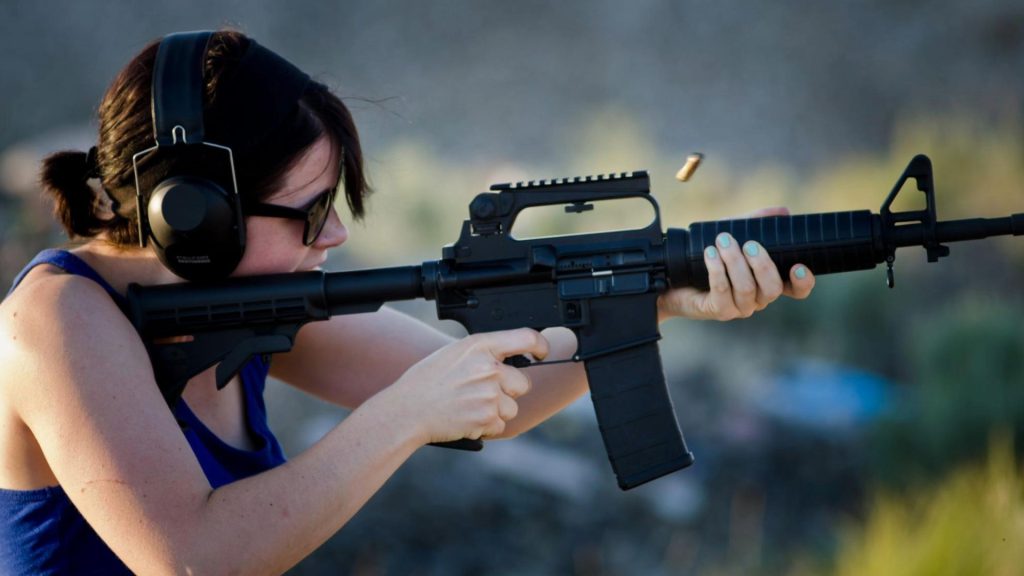
Miranda further noted that this line of reasoning directly contests the fundamental principles of the Second Amendment, laying the groundwork for a real showdown in the country’s highest court.
Illinois’ Firm Stance Mirrors A Much Wider Trend
Miranda highlighted that Illinois’ firm stance mirrors a much wider trend. Day-by-day States are implementing much more stringent gun control laws, thereby, probing the limits of how far courts will permit these restrictions to extend within the confines of the Constitution.
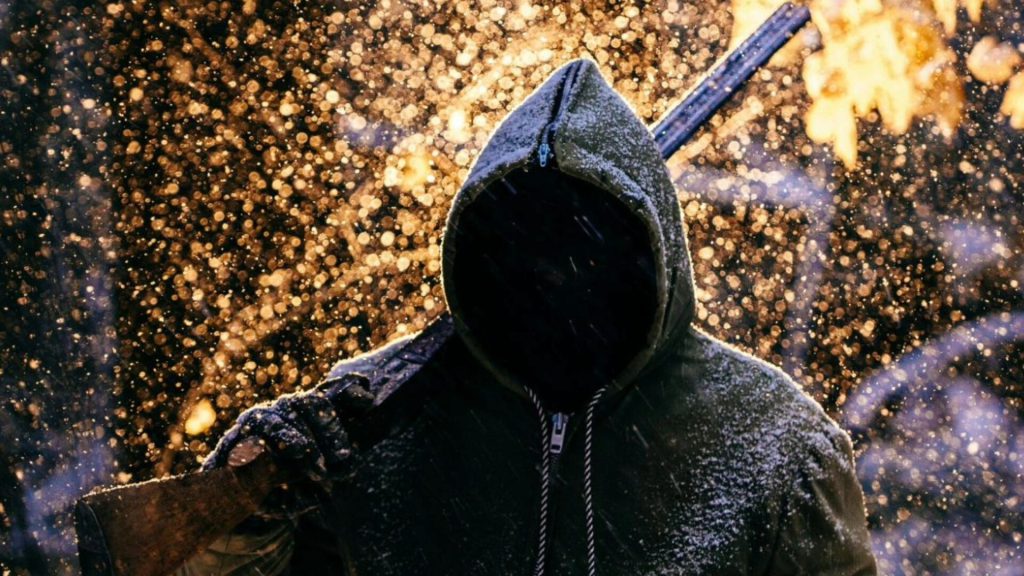
The results of these legal disputes may reverberate across the nation, potentially reshaping the entire landscape of gun regulation.
Advocates Of The Second Amendment Contend That The Court Has Made A Critical Error
Meanwhile, advocates of the Second Amendment are responding vigorously in court. They contend that lower courts, particularly the Seventh Circuit, have committed a critical error.
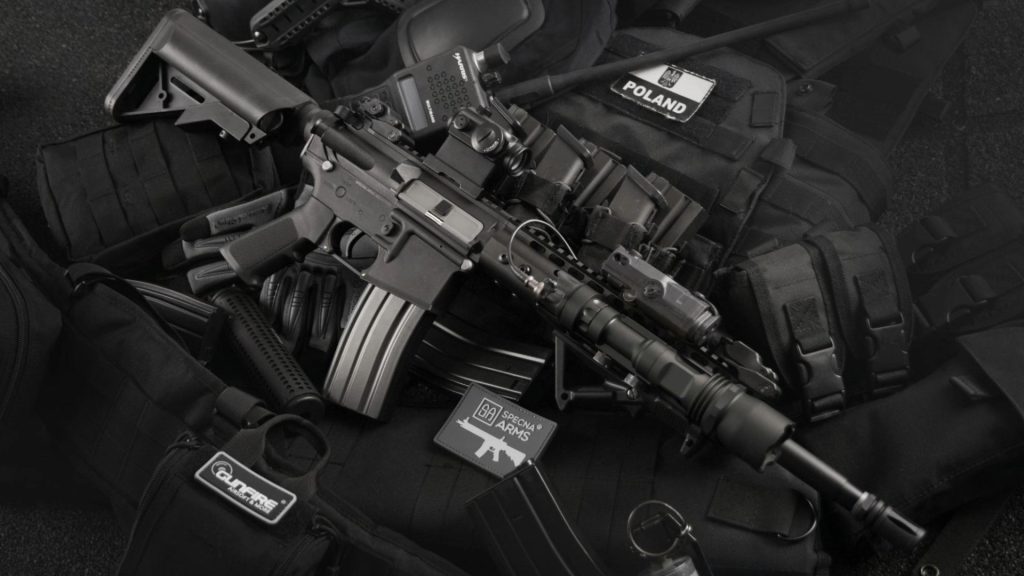
According to them, the court has made a huge mistake by equating AR-15s with military-grade firearms. They argue that this oversight disregards evident legal history and establishes an unfavorable precedent.
Lawful Utilization Of AR-15s For Self-Defense Purposes
Proponents of the Second Amendment also emphasize the extensive ownership and lawful utilization of AR-15s, notably for self-defense purposes.

According to the proponents, these firearms unequivocally fall under the category of arms safeguarded by the Second Amendment, and any endeavor to universally ban them constitutes an infringement on constitutionally protected rights.
Illinois’ Aggressive Approach May Eventually Backfire
Miranda suggested that Illinois’ aggressive approach might has the potential to backfire and lead to unintended consequences.
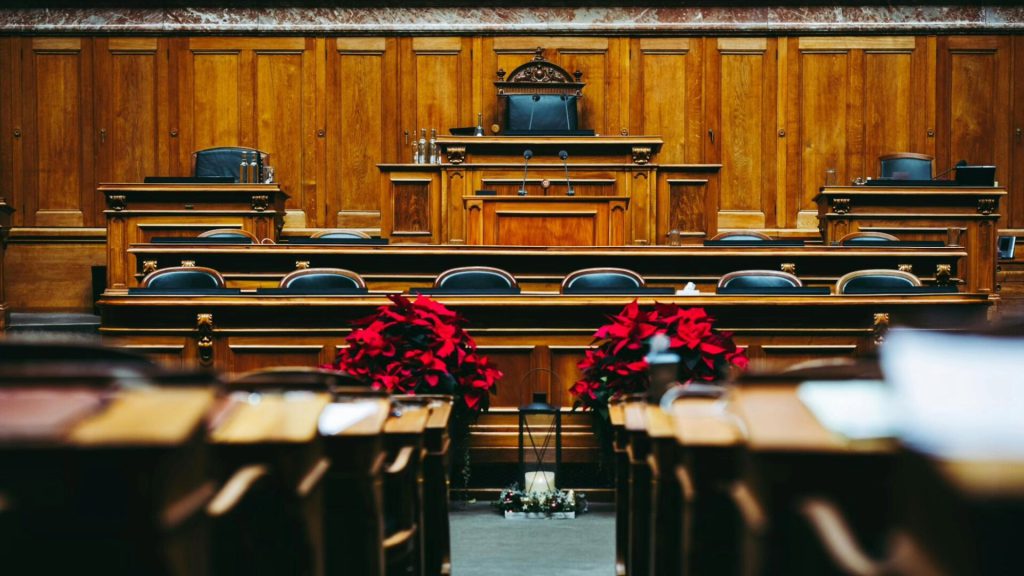
The Supreme Court could potentially remand the case and instruct the lower court to employ the correct analysis. Miranda added that, at the very least, Illinois is making a huge gamble.
The Fate Of The Six Cases Remains Uncertain For Now
Miranda emphasized that while Illinois’ response strengthens the argument for Supreme Court involvement, it remains uncertain whether the Court will ultimately accept all of the six cases.

One obstacle is that these lawsuits are presently in their preliminary stages, and the Supreme Court generally prefers to await the completion of the legal process in lower courts before intervening.
Illinois Imposed The Ban In January 2023
In January 2023, Illinois Governor JB Pritzker enacted a prohibition on the possession, sale, and manufacturing of numerous firearms, high-capacity magazines, and some specific accessories.

State Representative Dan Caulkins, R-Decatur, along with a firearms shop owner and local gun owners, promptly challenged the ban on state constitutional grounds.
The Illinois Supreme Court’s Ruling Against Caulkins
In August 2023, the Illinois Supreme Court issued a 4-3 ruling against Caulkins.
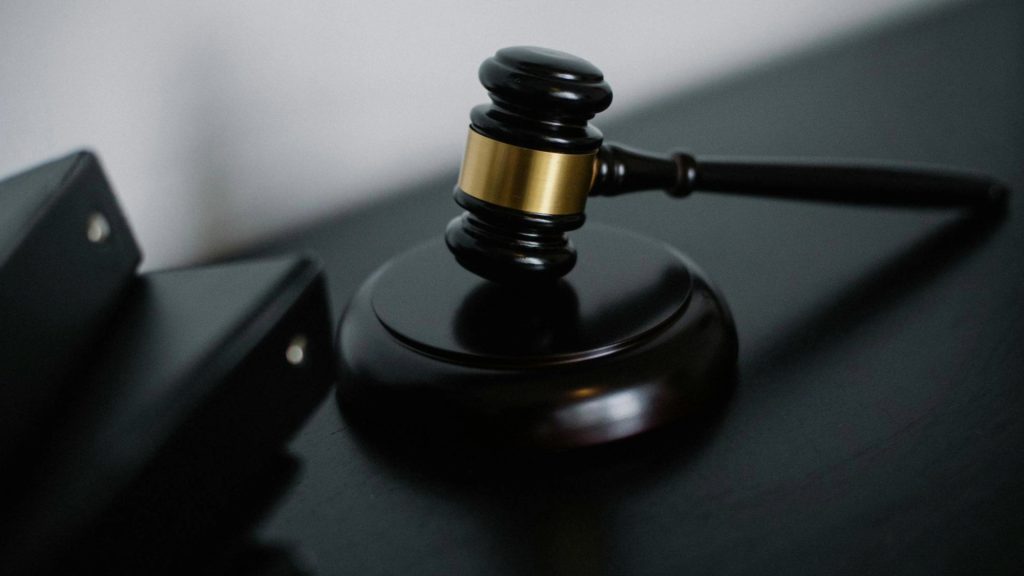
Caulkins had contended that because certain individuals can legally possess prohibited weapons by obtaining a special endorsement on their firearm owner’s identification card, while others cannot, the law comes under “special legislation.”
Republican Justices Had Dissented
At the time, Democratic Justice Mary K. O’Brien had joined the court’s two Republican justices in dissent.

She expressed her belief that the majority should have deemed it as special legislation because a more broadly written law could have achieved the same goal without disparate treatment of different classes.
Democrats Secured A 5-2 Majority On The Illinois Supreme Court
Following a highly contentious 2020 election cycle, Democrats secured a 5-2 majority on the Illinois Supreme Court.

Justices Elizabeth Rochford and Mary Kay O’Brien emerged victorious in fiercely contested and extremely financially intensive races.
Caulkin Filed An Appeal Earlier This Year
Earlier this year, Caulkins filed an appeal in the U.S. Supreme Court. Caulkins contended that Democratic Justice Elizabeth Rochford and O’Brien, who authored the majority opinion, had received donations from campaign funds associated with the Democratic leaders identifying as defendants in the case, thus implying he did not receive a fair hearing.

The court rejected Caulkins’ appeal.
Caulkin’s Appeal Document Talks About The Importance Of A Fair Hearing
Caulkins’s appeal document said, “It is axiomatic that a fair hearing before a fair tribunal is a basic requirement of due process.”

The document also said, “Nothing could be more injurious to the judiciary than the perception that its independence is for sale.”

